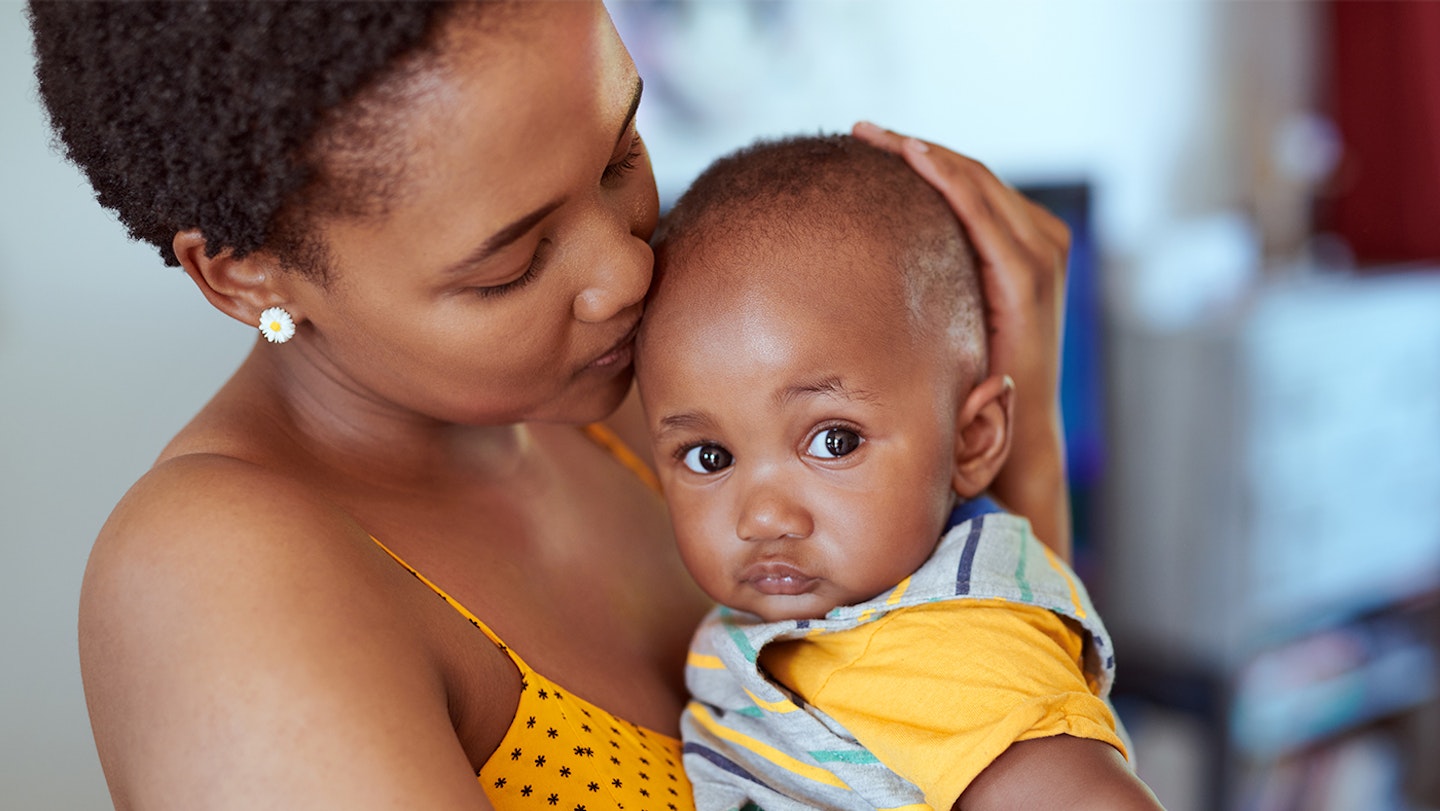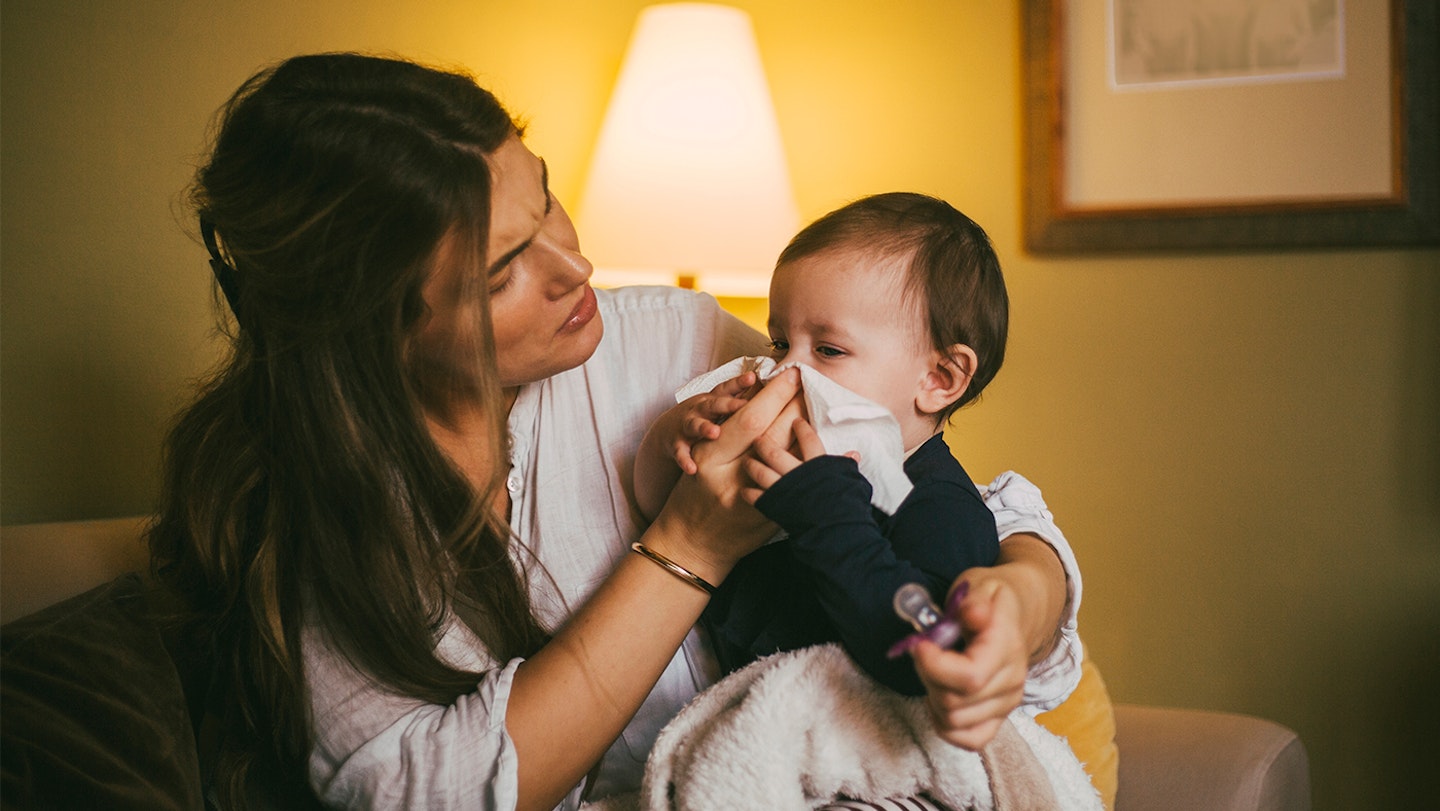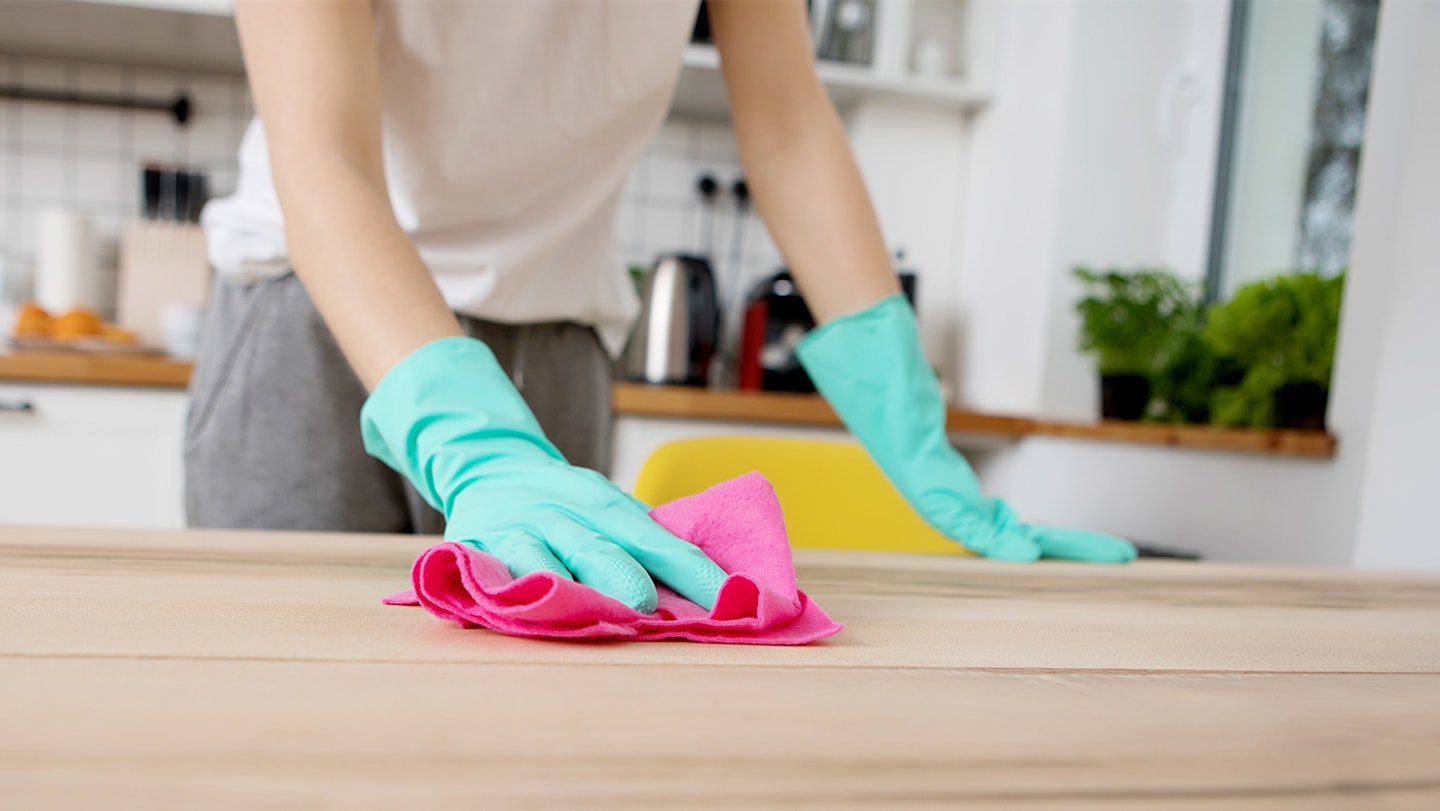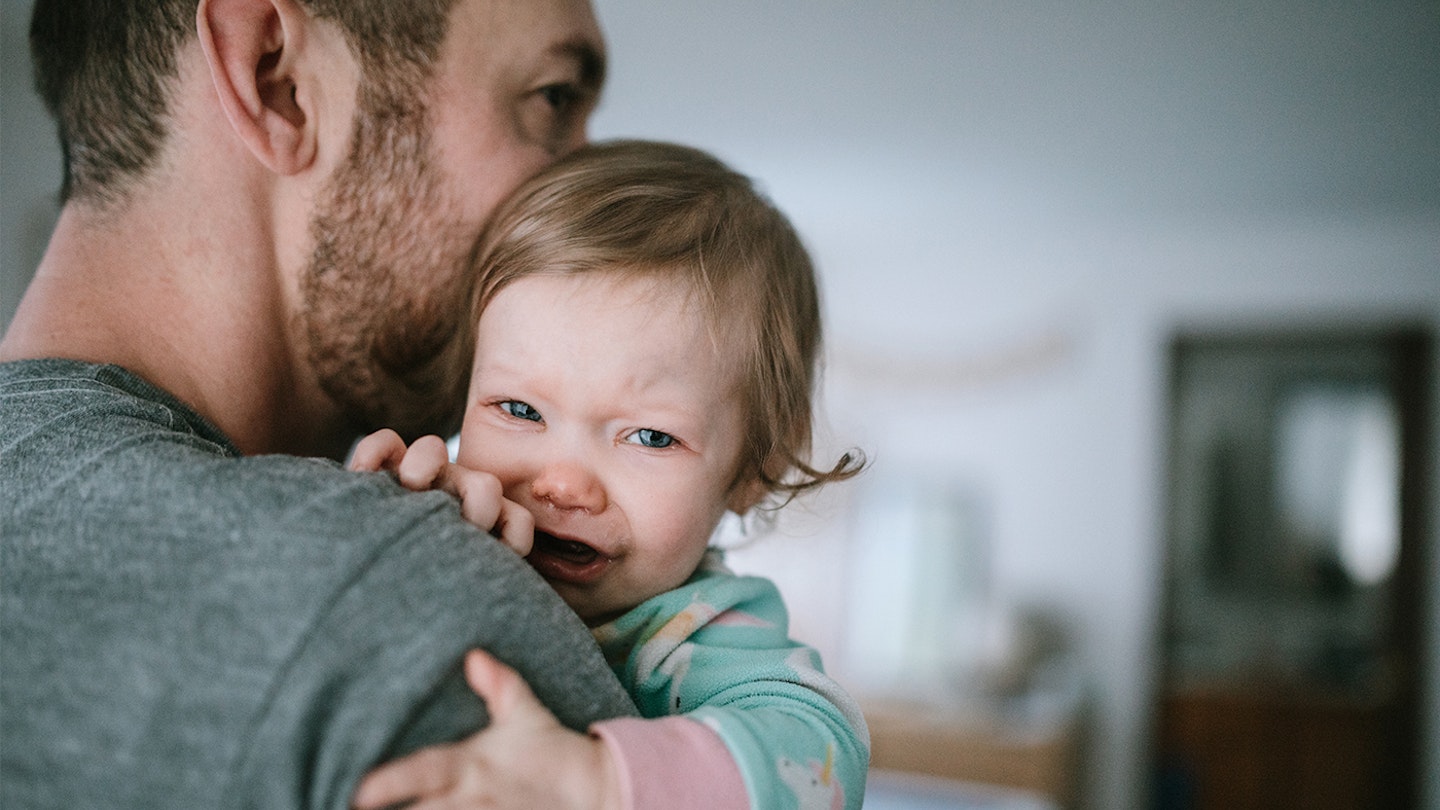Understandably, your baby's health is of utmost importance to you and if you've heard of RSV, you might be concerned about what exactly it is and how it might affect your baby.
We spoke to Dr Andrew Raffles, Consultant Paediatrician at The Portland Hospital (part of HCA Healthcare UK) to find out more.
What is RSV in babies?
Respiratory Syncytial Virus, otherwise known as RSV, is a very common and contagious viral infection affecting most babies before they are two years old. It usually appears as the common cold, but can also result in more severe conditions in babies, such as bronchiolitis or pneumonia. In fact, RSV is the most common cause of bronchiolitis in infants.
Over 60 per cent of children have been infected with RSV by their first birthday, and over 80 per cent by two years of age. Babies can also be re-infected with RSV later on in life.
What causes RSV in babies?
RSV is a virus that is easily transmitted through droplets. Babies can inhale these droplets from people’s coughs or sneezes, or if they touch a contaminated surface, such as a doorknob or toy, and then touch their eyes, mouth or nose. The virus can survive on surfaces or objects for around four to seven hours.
RSV is most prevalent in the winter and spring months and often occurs in yearly outbreaks at schools, nurseries, and other childcare locations.

Which children are at risk for RSV?
RSV is extremely common in children under the age of two. However, the children most at risk from RSV are:
• Babies younger than six months old
• Babies born prematurely
• Babies who already have a disease or condition related to their lungs, heart or immune system
What are the symptoms in children?
Symptoms usually appear after three to five days following infection, but children can experience different RSV symptoms of various severities.
Some have very mild symptoms while others can have life-threatening issues. The early phase of RSV in babies and young children is often mild, like a cold. In children younger than three, the illness may move into the lungs and cause coughing and wheezing. In some children, the infection turns into a severe respiratory disease.
Usually, the symptoms of RSV include:
• A runny nose
• Coughing and sneezing
• Wheezing and difficulty breathing
• Fever
• Decreased appetite
• Poor feeding with difficulty eating or swallowing
• Low energy and poor sleep
• Irritability
RSV is also a common cause of bronchiolitis and pneumonia in babies under a year old. These conditions cause swelling in the lungs, which can lead to the airways filling up with mucus. This combination of mucus and swelling can make breathing more difficult.

How is it treated in babies?
For most RSV cases in babies, symptoms typically clear up on their own after a week or two.
However, to help relieve mild symptoms, you should increase your baby’s fluid intake. Encourage them to take as much milk as possible to prevent dehydration. If your baby is over six months old, try to make them have some extra water.
You should always consult your paediatrician before providing babies with any over-the-counter cold or fever medications, such as acetaminophen. Some medicines are not suitable for infants under two years old, but your doctor will be able to advise on this. If a baby experiences more severe symptoms of RSV, you should contact your paediatrician.
Treatment options that they can provide to aid babies with RSV include:
• Giving extra oxygen, to increase blood oxygen levels and reduce the effort needed to breathe.
• If the baby is not drinking enough fluids, especially if they have difficulty breathing or swallowing, they may need intravenous hydration or a feeding tube with fluids and electrolytes to keep them hydrated.
• A doctor may give a baby medication through an aerosol mist in a mask or inhaler, to open their airways and help them to breathe. Very sick or high-risk babies may need antiviral medications to aid their immune system in fighting the virus.
• Sometimes some respiratory support to help your baby’s breathing may be required, and to do this several techniques are available. These should be discussed with you before use by the health care workers caring for your baby.
How can I prevent RSV in my child?
RSV is highly contagious and spreads between people very easily. To minimise the risk to your child, you can take the following measures:
• Avoid close contact, such as kissing or hugging, between your baby and anyone who may be sick
• Avoid your baby sharing contaminated items with others, such as cups, bottles or toys
• Clean and disinfect surfaces regularly
• Cover your mouth when coughing and sneezing
• Frequently wash your and your baby’s hands
• Encourage your baby to avoid touching their face, eyes, mouth or nose

When should I contact a healthcare professional?
You should consult your paediatrician if your baby is:
• Not eating or drinking enough
• Becoming weak or less active
• Their symptoms are getting worse or new symptoms are appearing
During the Covid-19 pandemic, some parents may be wondering if their baby’s condition is Covid or RSV. If unsure, it is better to seek medical help from a healthcare professional rather than trying to make the diagnosis yourself.
You should immediately seek emergency care if your baby is showing any signs of breathing difficulty, particularly:
• Rapid, laboured or shallow breathing
• The chest wall pulling in when breathing
• High fever
• Skin turning blue, with a blue tinge around the lips or fingernails
• Dehydration, with a decrease in wet diapers
• Unresponsiveness
